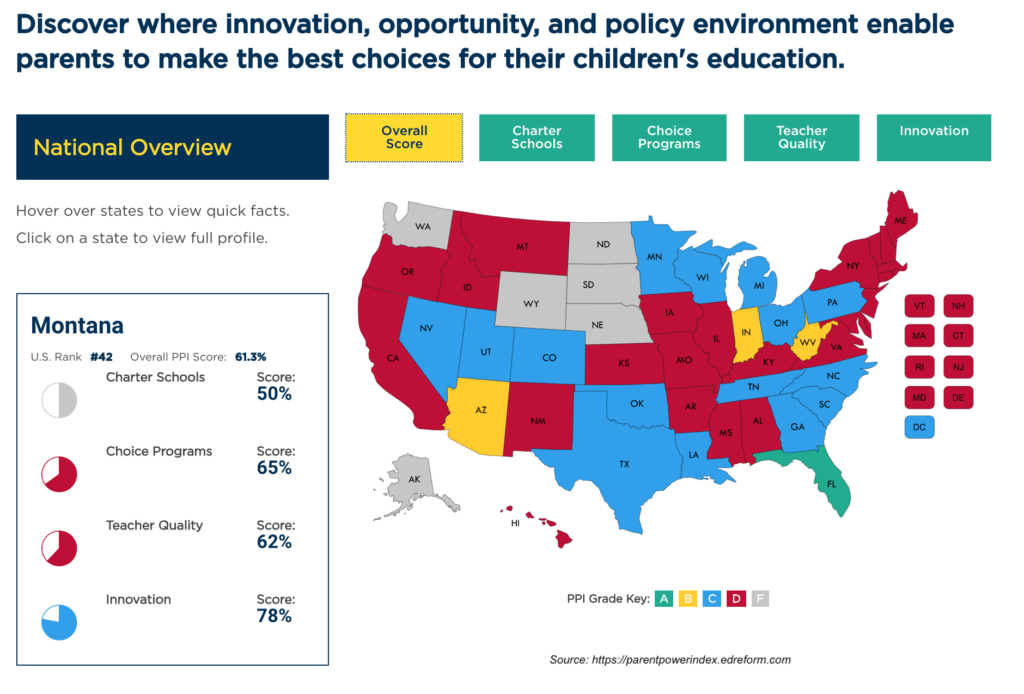Securing Montanan’s Right to Privacy
"So far, the committee has confirmed our suspicions: Montanans who apply for government benefits or receive a driver’s license are vulnerable to law enforcement searches of their biometric information with little legislative oversight."
“The main political problem is how to prevent the police power from becoming tyrannical. This is the meaning of all the struggles for liberty.” – Ludwig Von Mises
This week the Economic Affairs Interim Committee held a panel discussion featuring state agencies that use facial recognition technology and the companies that provide the technology.
As the Interim Committee has been studying government use of facial recognition in Montana, a number of issues have come to light. One of the main privacy concerns has been the extent to which a facial recognition vendor may share the personal biometric information of Montanans with law enforcement agencies who request that information.
So far, the committee has confirmed our suspicions: Montanans who apply for government benefits or receive a driver’s license are vulnerable to law enforcement searches of their biometric information with little legislative oversight.
While some Montana agencies and the third-party vendors have implemented internal policies regarding when and how facial recognition can be used by law enforcement – requiring a subpoena before sharing user information, for instance – there are no legislative standards governing how the technology can be used.
These internal privacy protections are a welcome development, but Montanans’ right to privacy shouldn’t have to rely on internal policies that may or may not change.
In order to ensure abuses do not occur, uniform and transparent rules should be adopted by the legislature that establish clear guidelines as to how law enforcement and other government agencies can use facial recognition.
For Liberty,
Tanner Avery
The Latest
Education Freedom in Montana
During last month’s National School Choice Week parents, teachers and students across the country united to support policies that promote education opportunities. In Montana, rallies were held to call for more parental involvement in their child’s education
Our Take:
Parents have a fundamental right to direct their child’s education, something that most states have advanced with reforms promoting education freedom. As you can see in the map Montana’s educational options lag behind nearly every other state. In fact, we are in 42nd place. With growing support for parental choice in education, Montana officials should be looking to expand our state’s education options.

Healthcare Reforms
In the recent column, “What about the poor?” Dr. Kathleen M. Brown discusses how the market will serve people at every price point if allowed to do so, but too often bureaucratic mandates stand in the way.
“I can assure people that lowering costs and improving quality cannot happen by mandate or law, and trust me, it has been tried, and will be tried again, but will not work. But, lowering costs and improving quality is actually now happening without mandates and laws, and in spite of bureaucratic obstacles.”
Apprenticeship Ratios
After going through the required rule change steps, the Montana Department of Labor and Industry amended the ratio of apprentices to journeymen.
Our Take:
This change eliminates arbitrary rules that have limited apprenticeship opportunities, especially for small companies. By amending this rule, red tape will no longer stand in the way of an employer looking for help and workers eager to build skills.
Housing and The Economic Recovery
Using most metrics Montana has rebounded quite well after the Covid-19 downturn. However, one category continues to afflict Montana: housing affordability. Bozeman and its surrounding towns saw home prices increase by anywhere from 34% to 41.2% from 2016 to 2020.
Our Take:
Many Montana communities are facing housing shortages, Bozeman for example, has a housing deficit of 6,000 homes. Strict zoning regulations raise the cost of housing while also effectively penalizing more affordable home types. Strict local zoning regulations need to be reformed so that the market can build housing at all price levels.
